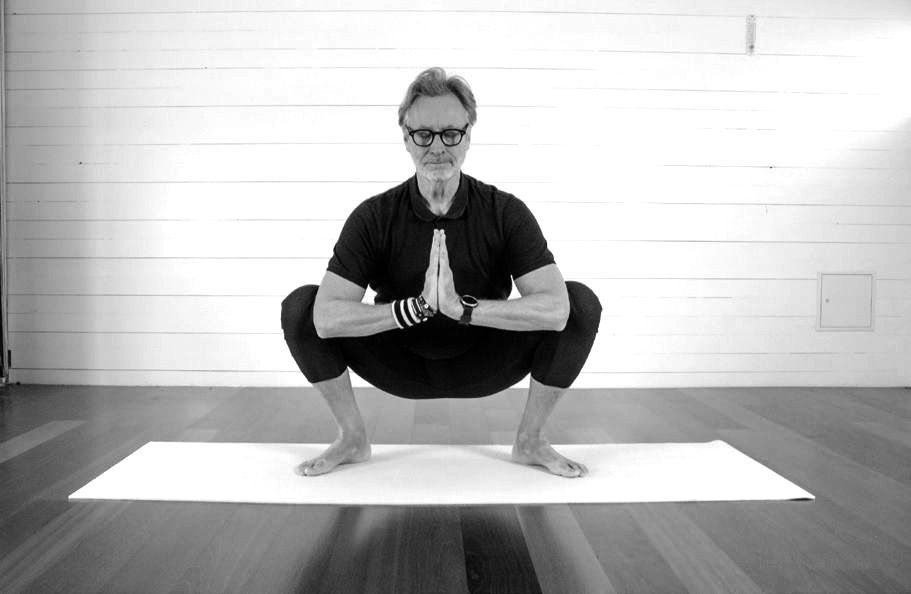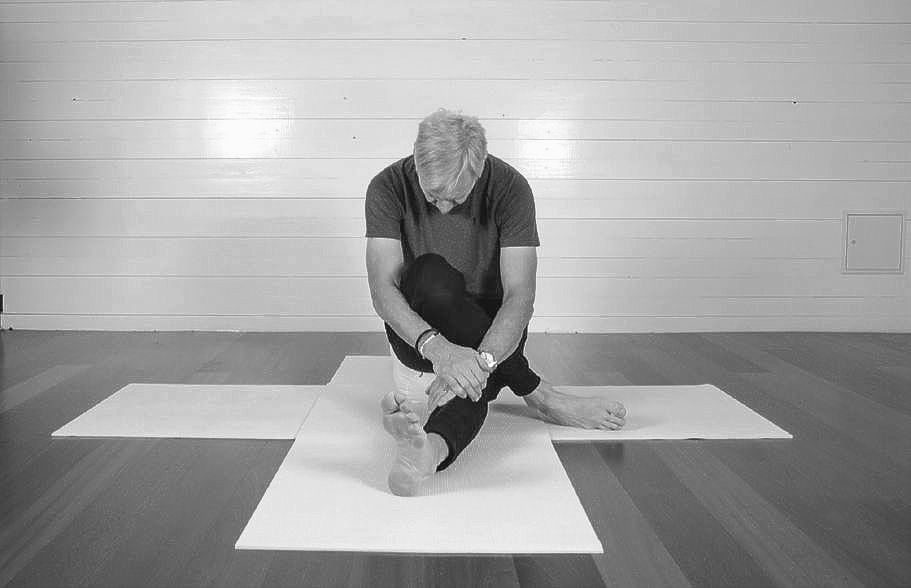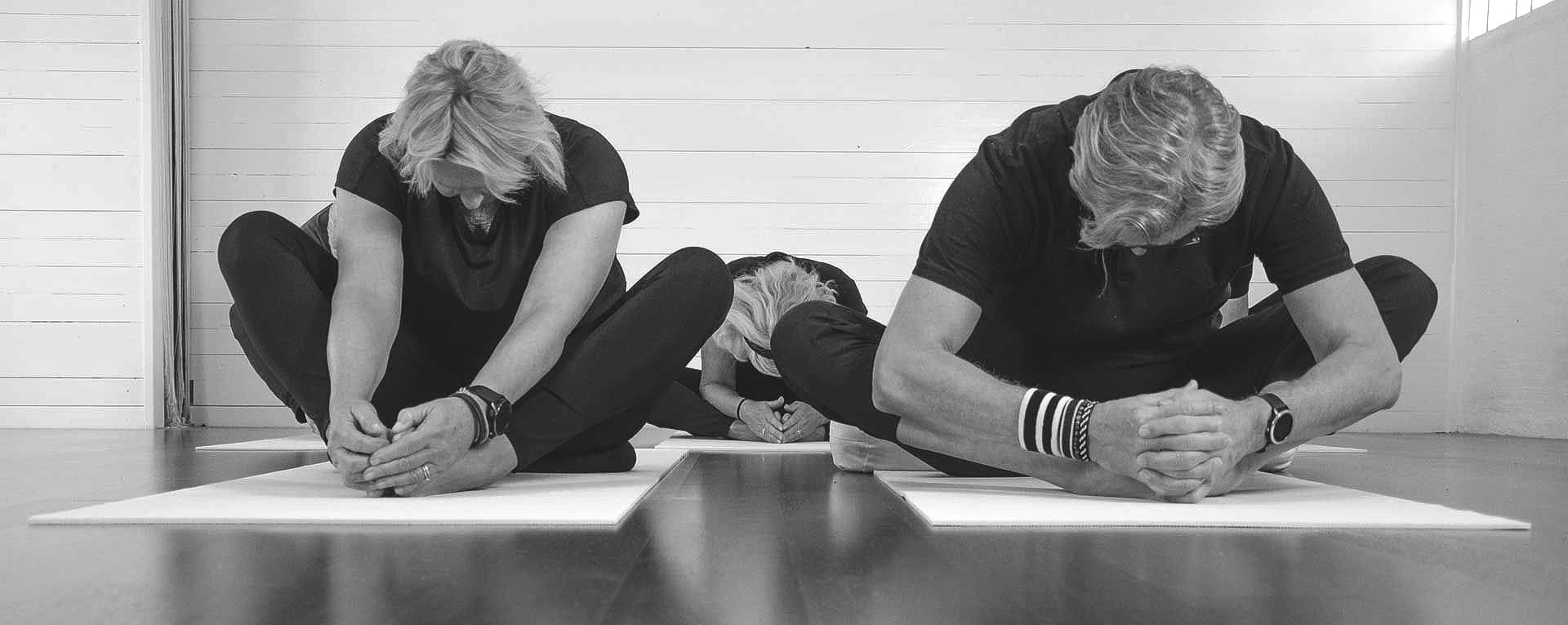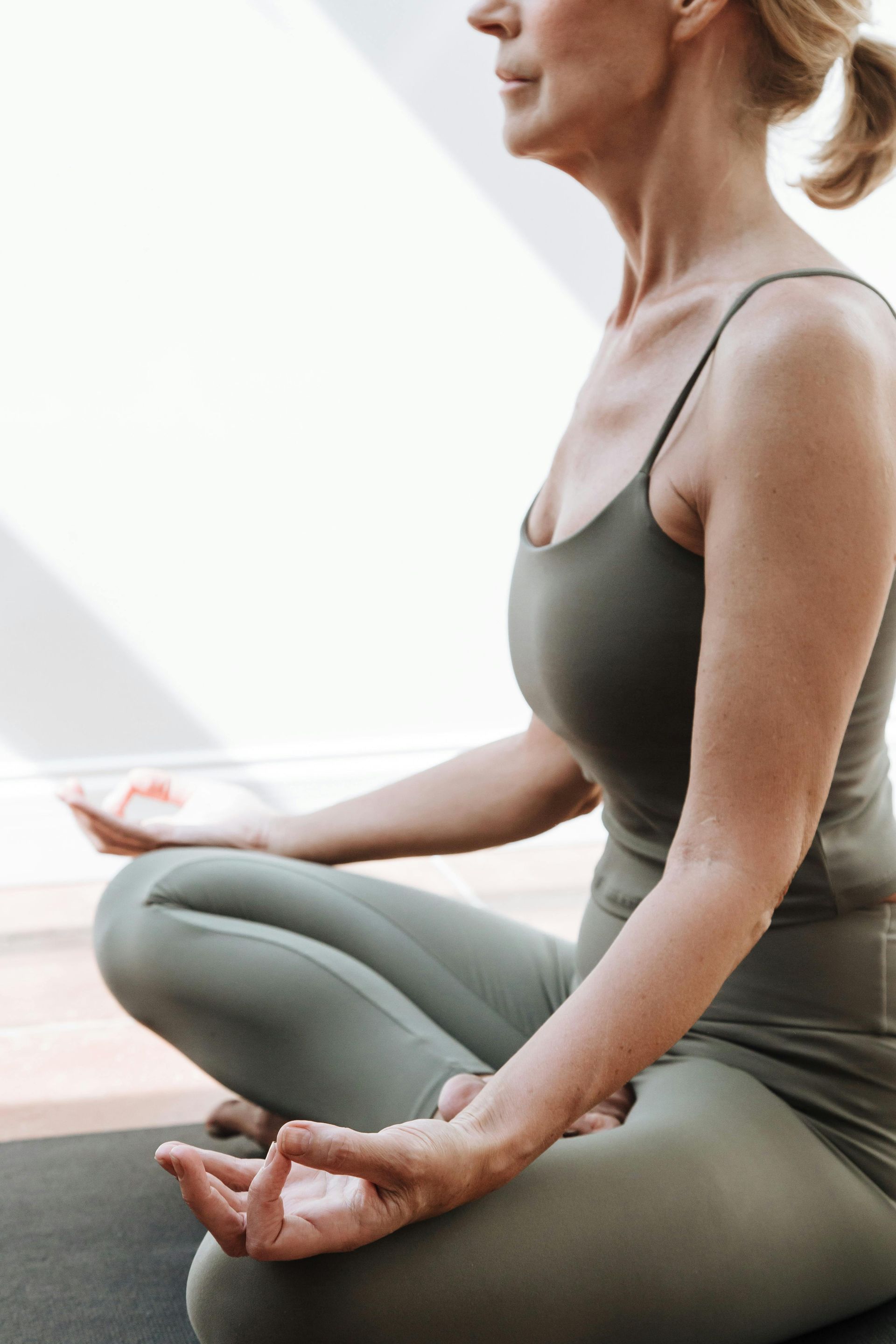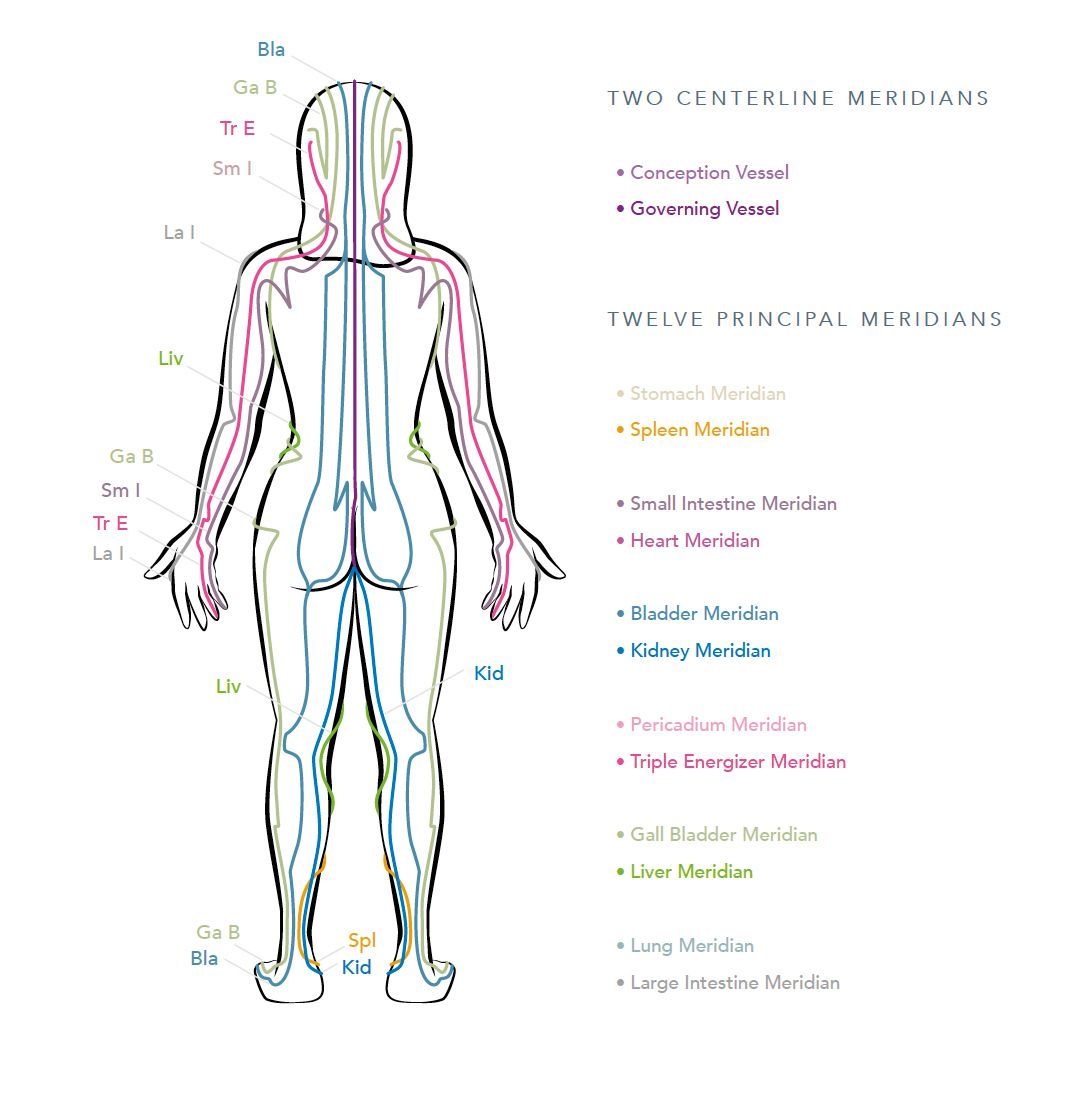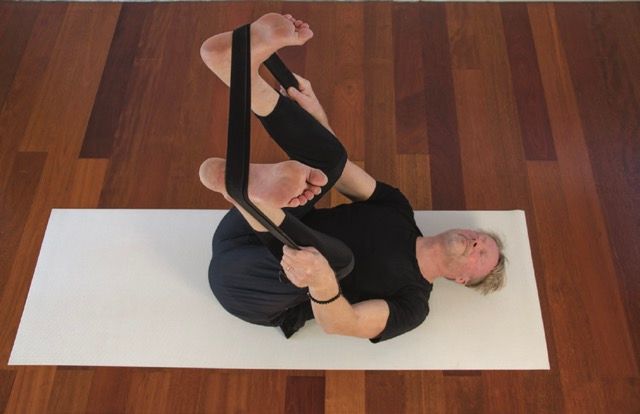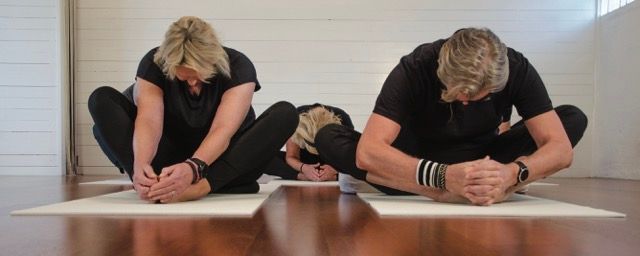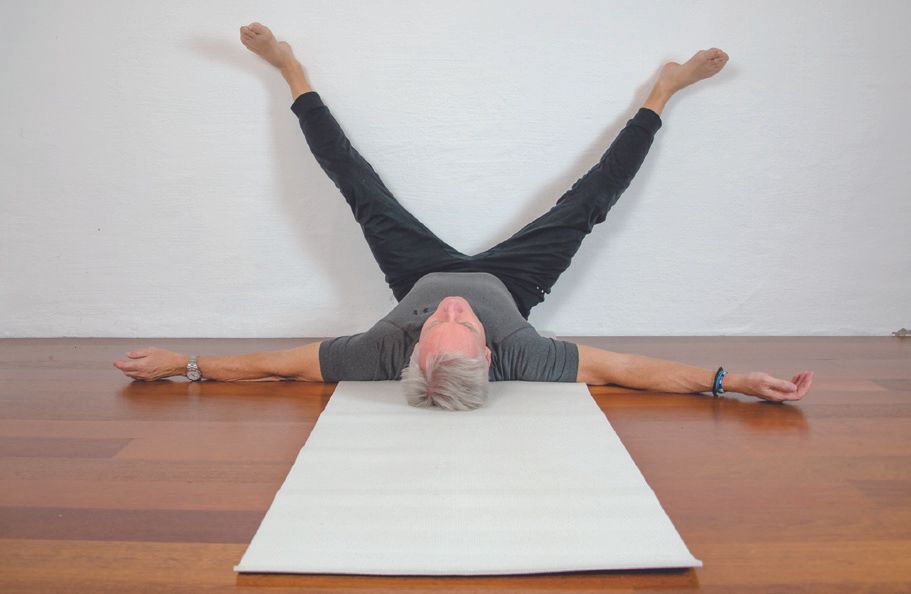Is yin yoga your way to a younger you?
How old are you really? Most people will tell you how many years they’ve been alive. But what if your biological functions – your respiratory system, muscular strength, endurance, etc., showed that you were actually younger (or older) than your chronological age?
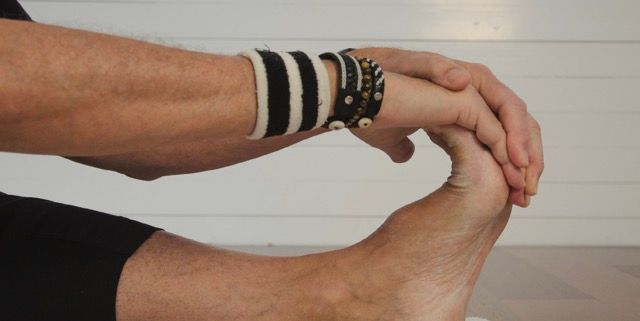
What affects our biological age?
There are many factors, starting of course with our chronological age, which there is no getting away from. Yes, I think I have the body of a 35-year-old, but my internal organs and especially my DNA might have something to say about that. We may also contract some disease or illness though external factors like a virus or infection that creates inflammation that can quickly decrease our immune system and significantly increase our biological age.
The question is, can we actively put on the brakes for our biological system through nutrition and lifestyle changes?
Nature or nurture – the age-old question about age
Science tells us that biological ageing is gradual damage to our cells over time. As our cells age, they lose their ability to regenerate and repair themselves. This can be triggered by environmental factors like stress, or genetic factors like family history. But which is which? Nature or nurture? Let’s start with nature.
DNA is the unique genetic code that makes up our bodies. It’s hereditary, meaning it comes from our parents, and is why we look like them, and show similar traits to them. And even get the same diseases at roughly the same time in life as they did.
As we age, our DNA gets damaged and can mutate. The obvious examples of DNA damage are cancers.
Telomeres are structures that carry our DNA and act like bumpers, protecting our chromosomes from deteriorating. Every time our cells divide for normal repair and regeneration (which is all the time), our telomeres get shorter. That means they get shorter as we age. Research suggests that if you have shorter telomeres, you are more likely to die early or develop diseases (1).
According to a study by Glasgow University (2) we lose a chemical tag (DNA methylation) from our DNA. This can result in age-related diseases such as chronic kidney disease, cancer, heart disease, lung disease and more. They term this “Epigenetic clocks” which they see as the ’gold standard’ for measuring biological age accurately. The clock calculates the ageing of blood and other tissues by tracking methylation. By comparing chronological age to the blood’s biological age, scientists used the clock to predict each person’s life expectancy. The older your biological age, the lower your life expectancy.
How about nurture?
So our physiological or biological age can differ a lot from our chronological age. The question then is, can we positively affect biological age through lifestyle decisions?
The American Heart Association offer the “life’s essential 8 (3)” guidance, which includes:
- Eat Better: Include whole foods, fruits and vegetables, lean protein, nuts, seeds and cook in non-tropical oils such as olive and canola.
- Be More Active: 150 minutes of moderate or 75 minutes of vigorous physical activity per week.
- Quit Tobacco: No explanation needed.
- Get Healthy Sleep: Aim for an average of 7-9 hours,
- Manage Weight: Optimal BMI should range from 18.5 to less than 25.
- Control Cholesterol: High levels of non-HDL, or “bad,” cholesterol can lead to heart disease.
- Manage Blood Sugar: Over time, high levels of blood sugar can damage your heart, kidneys, eyes and nerves. Monitoring haemoglobin A1c can better reflect long-term control in people with diabetes or prediabetes.
- Manage Blood Pressure: Keeping your blood pressure within acceptable ranges can keep you healthier longer. Levels less than 120/80 mm Hg are optimal.
This has now become “Life’s necessary 9” that includes psychological health (4). They found that screening for and treating depression can have far reaching effects for cardiovascular health, reducing mortality.
Exercise, food for our fitness
We all know what we should eat and drink (and it isn’t a lot of trans fats and alcohol), but how should we exercise? Think about balance exercise, which reduce the risk of falling, strength exercises to increase muscle mass and reduce the chance of osteoporosis, endurance to push your breathing and heart health, and stretching
– which is where yin yoga comes in.
Yin Yoga: Turning Back the Clock?
While it might sound like a miracle cure, Yin Yoga may offer a path to improving your biological age beyond your chronological one. The slow-paced style of yin yoga focuses on holding poses for longer time, 3 minutes upwards, hopefully relaxing your muscles and targeting your connective tissues, your bones, ligaments, tendons and fascia.
So how can yin yoga keep your friskier for longer? Here are some suggestions:
- Improving your flexibility and mobility: Holding poses for several minutes allows your body to release tension and increase your range of motion. This can help counteract stiffness you often get with age.
- Better joint health: Regular yin practice can nourish the cartilage and synovial fluid in your joints, reducing the risk of arthritis and improving overall joint health.
- Reducing stress: yin yoga helps you feel more relaxed, reducing stress. Going back to the “Life’s necessary 9” above, it can help combat the negative effects of chronic stress on our bodies. And of course, help you sleep better, which is a big factor in staving off the effects of ageing.
- Boosted immune system: If your mind – and your body – feel calmer, it can lead to a stronger immune system, helping you fight off illness and age-related diseases.
- Deeper connection with our bodies: Yin Yoga encourages mindfulness and body awareness, letting us listen to our bodies’ needs and prevent injuries.
Yin – or yoga and meditation should be in – according to the research
Your chronological age will always increase at a set rate as the years pass. But as we can see from the above, you can make lifestyle choices to improve your biological age.
In an Study to explore the impact of Yoga and Meditation based lifestyle intervention (YMLI) on cellular ageing published in the national Library of Medicine (5) showed that “making Yoga and Meditation an integral part of our lifestyle may hold the key to delay aging or aging gracefully, prevent onset of multifactorial complex lifestyle diseases, promote mental, physical, and reproductive health, and prolong youthful healthy life.”
As a yin yoga practitioner and teacher, I’ve experienced at first hand the profound effects yin has, both to our minds – and our bodies.
As the old adage says, when you stop trying, you start dying.
(1) https://www.jax.org/news-and-insights/minute-to-understanding/what-are-telomeres
(2) https://www.gla.ac.uk/news/archiveofnews/2023/october/headline_1011859_en.html#
